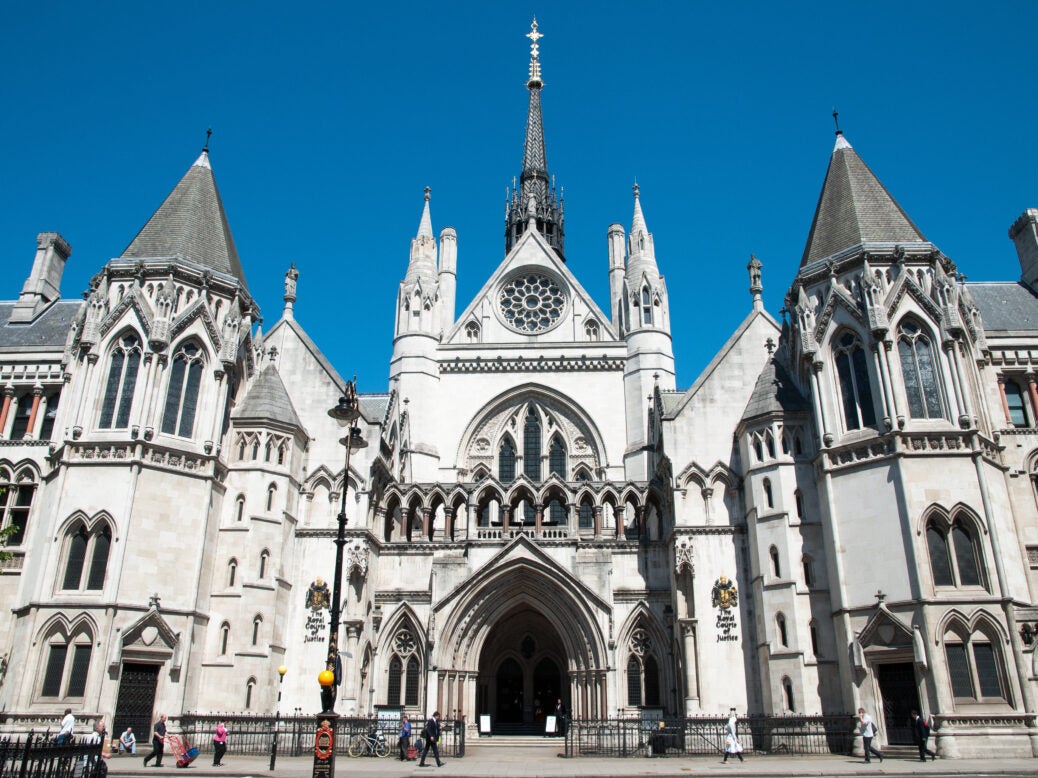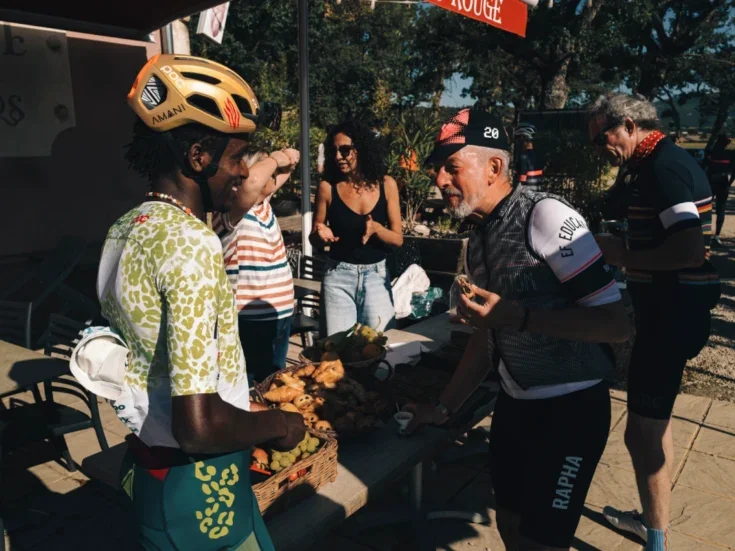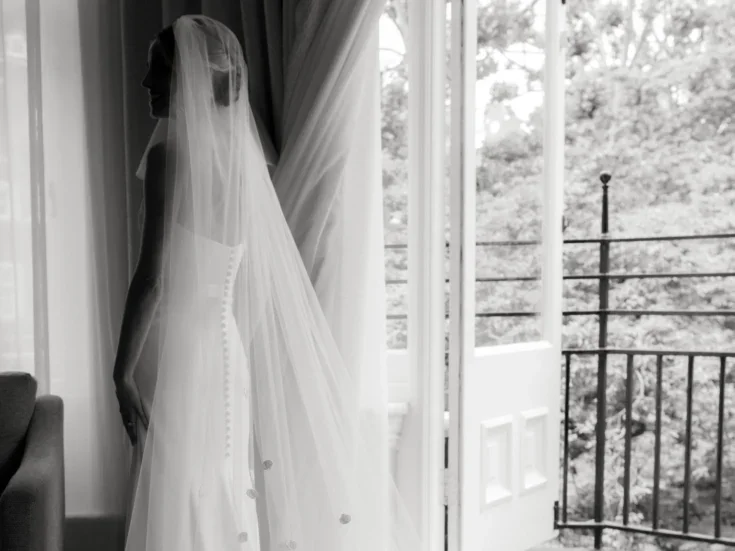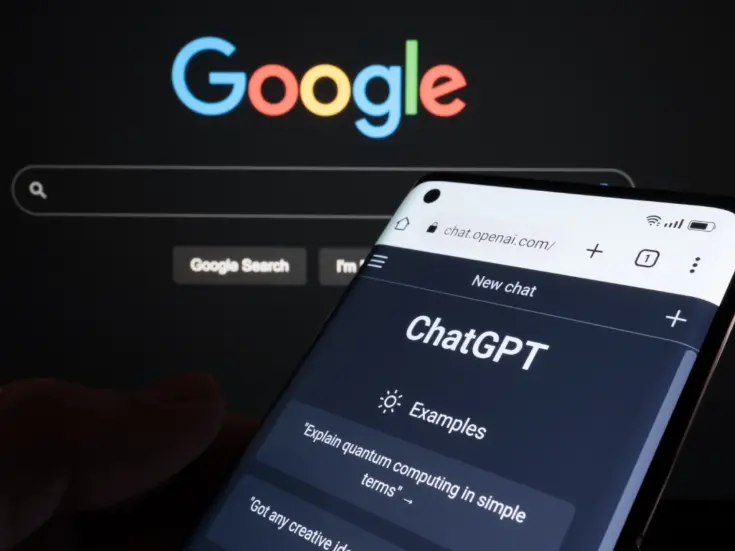
The High Court libel trial known jovially as the “Wagatha Christie” case has fuelled Britain’s obsession with celebrity spats, but it also holds some valuable lessons for HNWs preparing for court, says Joshua Green, a family lawyer at Charles Russell Speechlys.
Last month, Rebekah Vardy (wife of England footballer Jamie) took the stand following accusations made by Coleen Rooney (wife of former England footballer Wayne) that she had leaked ‘false stories’ to The Sun newspaper.
To trap Vardy, Rooney had restricted who could access her Instagram Stories before posting made up rumours to see if they would find their way to the press. When the fakes leaked, Rooney published her deductions: ‘It’s………. Rebekah Vardy’s account.’ Vardy denied the claims and swiftly sued her for libel.
This type of Instagram entrapment—if that isn’t being overly dramatic—is an example of covert evidence gathering which is often used by separating parties in family proceedings. The most common form of evidence gathering we see when representing HNWs is phone recordings. It is often an instinctive reaction to perceived wrongdoing and has its advantages: it can moderate conduct and provide an accurate record where facts are in dispute; it can catch out liars and vindicate truth-tellers (although not if your agent’s phone is at the bottom of the North Sea – as Vardy has claimed).
But it can be problematic. Recording someone, or threatening to do so, may be considered by a judge to be a method of coercion and control, an offence under the Serious Crime Act 2015 and also part of the statutory definition of domestic abuse.
It could result in a civil liability or breach respect for private and family life. And whether any such recordings can even be relied upon in any family proceedings is uncertain and highly fact specific.
Permission will be needed from a judge to submit the recording into evidence. A judge will then decide if the recording is relevant to the legal issues at hand, and if it provides a full and accurate record of the incident. It will count against you if you seek to adduce in evidence only that which supports your case – you cannot cherry pick.
It is also important to think about what impression you are giving off by recording someone without their knowledge, particularly when children are involved.
In the judgement of a 2016 case in which a father had sewn recording devices into a child’s clothes, the judge said that ‘It is almost always likely to be wrong for a recording device to be placed on a child for the purpose of gathering evidence.’ Adding that his “experience suggests that such activities normally say more about the recorder than the recorded.”
Social Media is also frequently referred to in the family courts—Someone unable to resist posting a picture which seems to demonstrate wealth they claimed not to have, for example, or with a new partner they had denied previously—but there is a difference between a public post and covert evidence gathering on social media of the type deployed by Rooney.
An example might be someone having been deleted as a follower from their former partner’s social media account then deploying a mutual friend to take a screengrab of a post before seeking to have it adduced as evidence in family proceedings.
Whilst an argument might be made that this evidence should not be used because of the way it was obtained, better advice is this: if you are a separating from your partner, do not put anything on social media you wouldn’t be happy to be read out or shown in a court room.
In the absence of further judicial or legislative guidance, HNWs should always take legal advice before undertaking covert evidence gathering because whilst it will not always be unhelpful, it will always bring with it a serious risk of backfiring.






